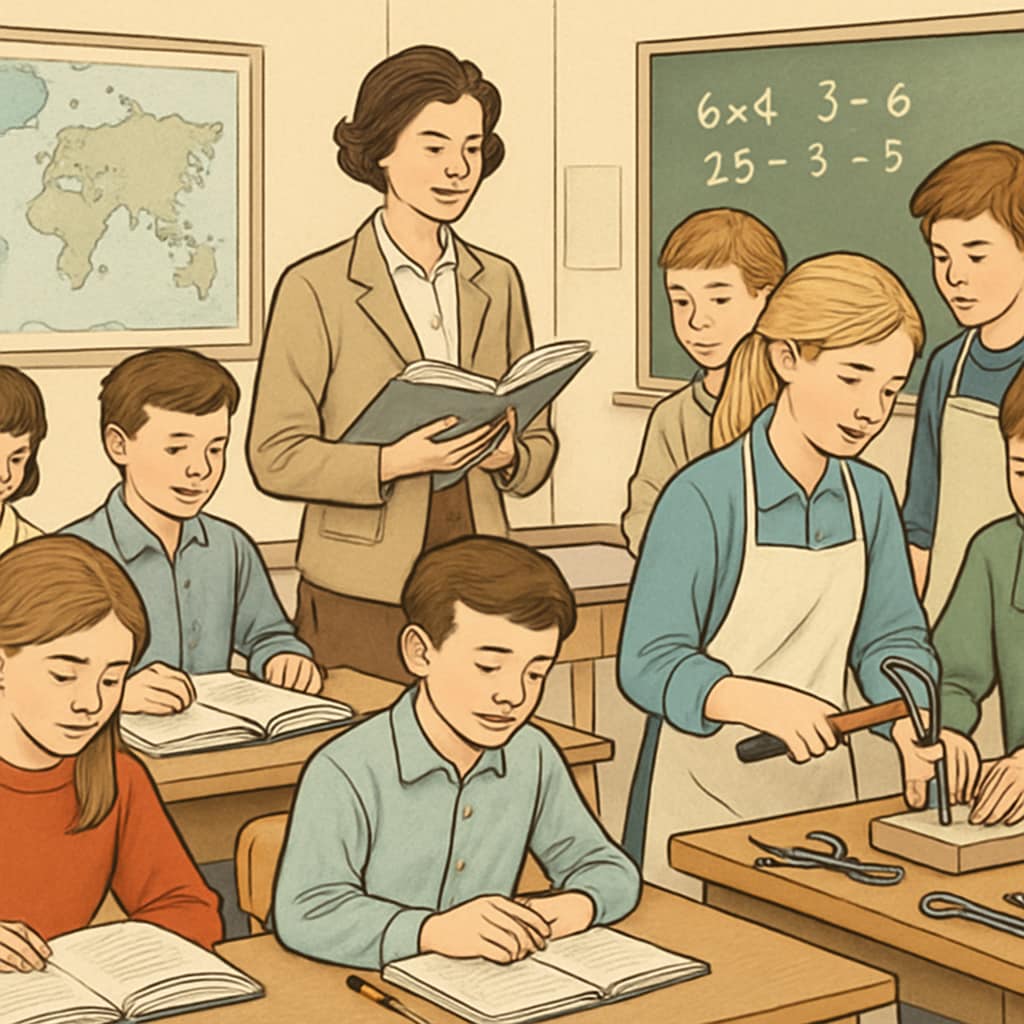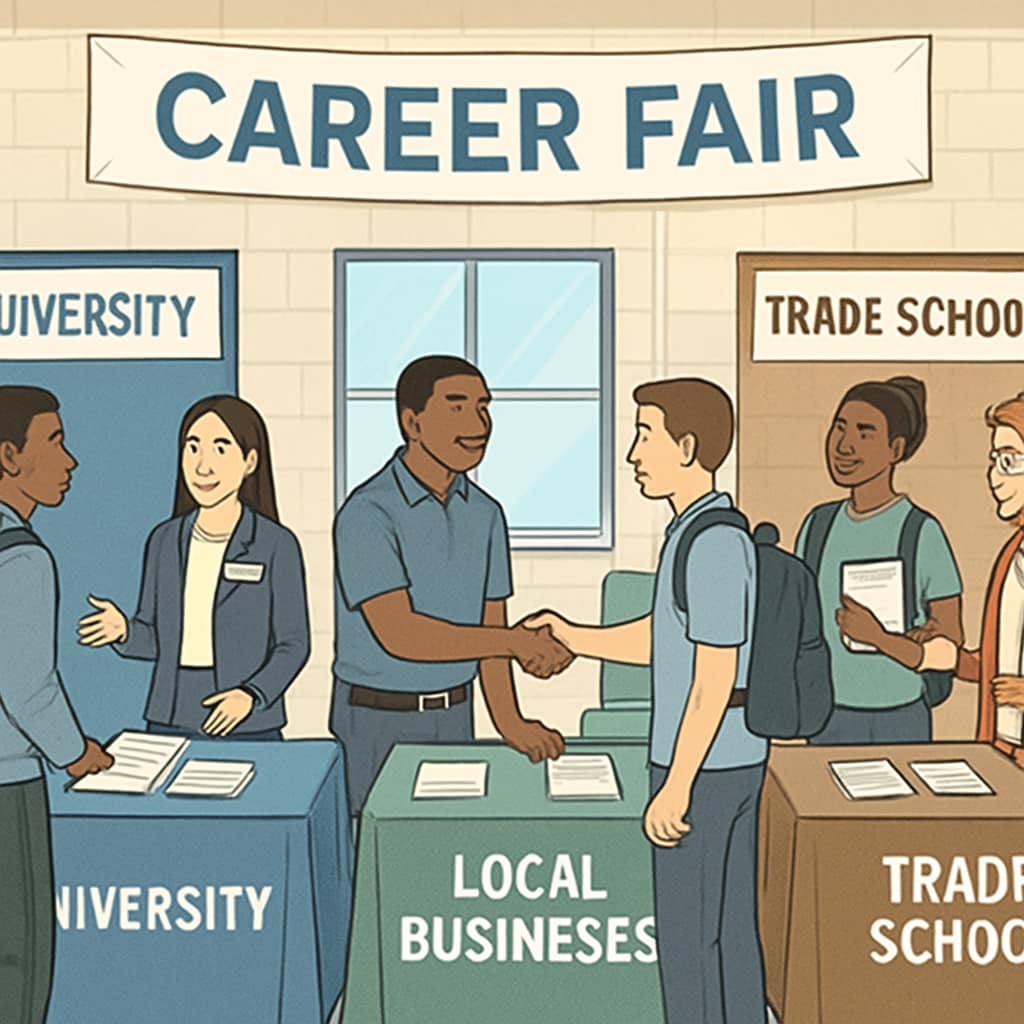The debate around K12 education often centers on one primary goal: preparing students for college. However, this narrow focus on academic readiness has led to overlooked gaps in addressing lifelong learning and career development. For instance, institutions like the University of California (UC) continue to see students who, while academically prepared, struggle with real-world problems related to employment and adaptability. This “University of California, employment, issues” dynamic highlights the urgent need to reassess what K12 education should truly aim to achieve.
Why Academic Preparation Alone Isn’t Enough
For decades, academic achievement has been the gold standard for measuring the success of K12 education. Standardized test scores, GPA benchmarks, and Advanced Placement (AP) courses dominate the conversation. Yet, while these metrics are important, they fail to encompass other essential skills students need for the future, such as adaptability, critical thinking, and collaboration. The University of California study on recent graduates found that many students lacked the career readiness required to navigate the complexities of the modern workforce (Education on Britannica).
Moreover, the overemphasis on academic preparation creates a one-size-fits-all system that leaves behind students whose strengths lie outside traditional academics. This not only limits their potential but also undermines the diversity of skills needed in the workforce. As a result, many students enter college or the job market ill-prepared for real-world challenges.

The Role of Lifelong Learning in K12 Education
One of the key gaps in the current K12 system is the lack of emphasis on lifelong learning. Lifelong learning refers to the continuous development of skills, knowledge, and attitudes throughout a person’s life. In a rapidly changing world, where technological advancements constantly reshape industries, the ability to learn and adapt is crucial. Unfortunately, many K12 programs fail to instill this mindset, focusing instead on rote memorization and test performance.
Programs that integrate project-based learning, mentorship opportunities, and exposure to diverse career pathways can foster a lifelong learning mindset. For example, partnerships with institutions like the University of California can offer students insights into various fields, helping bridge the gap between academic preparation and career readiness. Encouraging students to take ownership of their learning process not only prepares them for college but also equips them with the tools to thrive in their careers.

Strategies for Balancing Academic and Practical Skills
To create a more balanced K12 education system, educators and policymakers must adopt a holistic approach. Here are some actionable strategies:
- Career Exploration: Introduce career exploration activities as early as middle school. Allow students to shadow professionals and learn about various industries.
- Skill-Based Curriculum: Incorporate practical skills such as financial literacy, communication, and problem-solving into the curriculum.
- Flexible Pathways: Offer multiple pathways for students, including vocational training, internships, and college preparatory tracks.
- Collaborative Learning: Encourage group projects and interdisciplinary studies that mimic real-world problem-solving scenarios.
- Mentorship Programs: Partner with universities and local businesses to provide mentorship opportunities that align with students’ interests.
These strategies not only enhance academic readiness but also ensure students are equipped with the tools they need to succeed in a complex, ever-changing world.
The Future of K12 Education: A Call to Action
Reevaluating the goals of K12 education is no longer optional—it’s a necessity. With institutions like the University of California addressing employment-related challenges among their graduates, it’s clear that the current system requires reform. By integrating academic preparation with career readiness and lifelong learning, we can create a more equitable and effective education system.
As educators, parents, and policymakers, we must ask ourselves: Are we preparing students for college, or are we preparing them for life? The answer lies in a balanced approach that values both academic excellence and practical skills. Only then can we ensure that the next generation is truly ready to face the challenges of the future.
Readability guidance: This article uses short paragraphs, actionable lists, and concise language to ensure clarity. Transition words like “however,” “therefore,” and “as a result” are used throughout to improve flow and coherence.


